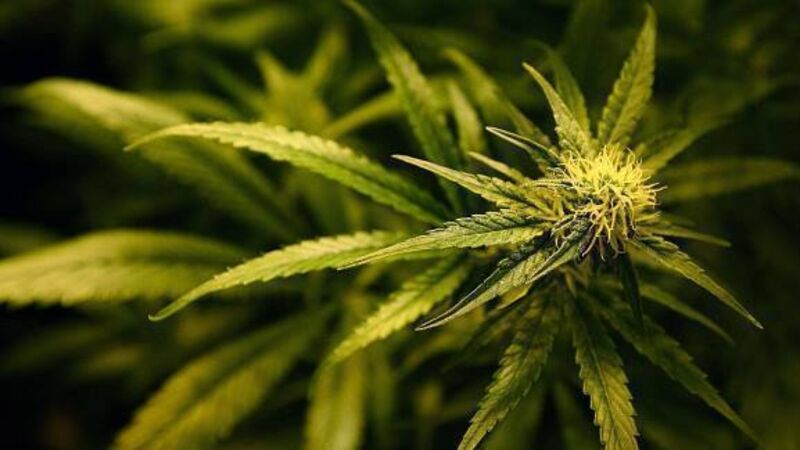Cannabis prohibition - Legislation needs to be reconsidered

Our flexibility around saying one thing but doing another informs our attitude towards cannabis. Though illegal, the drug is commonly used in a recreational setting, and increasingly for medical objectives.
The campaign to legalise it has gathered momentum, though the concerns of those who oppose that remain valid, even if the positive impact the drug may have is more widely understood.
















